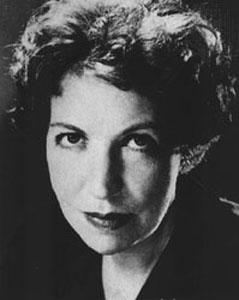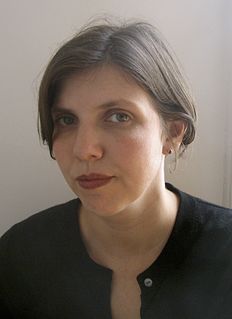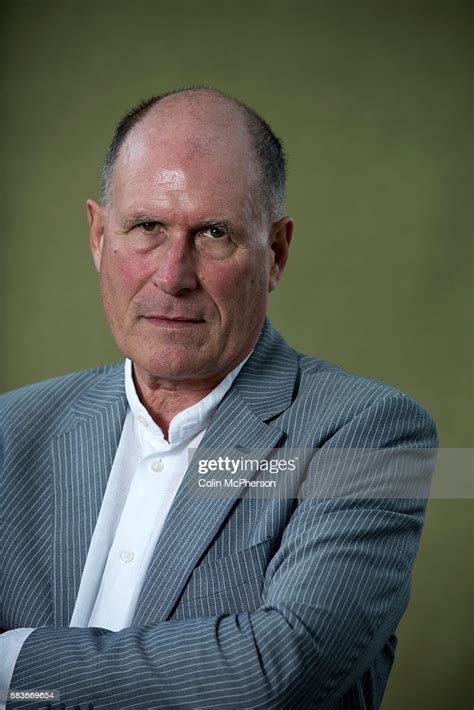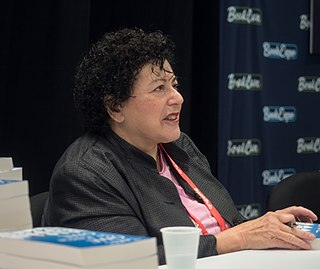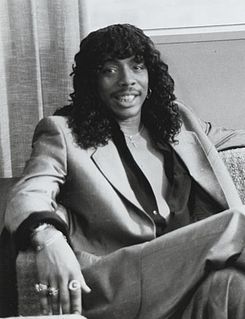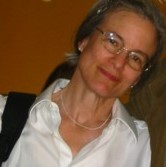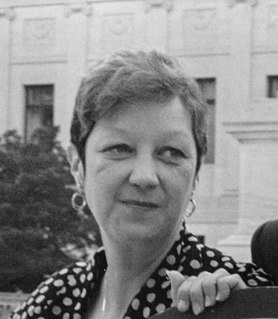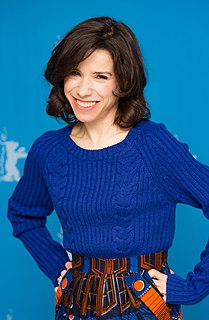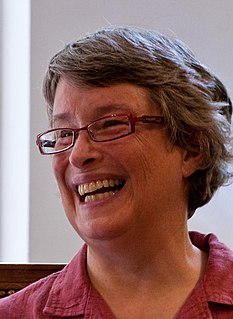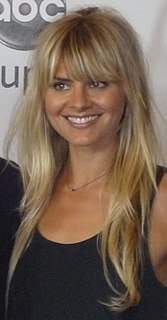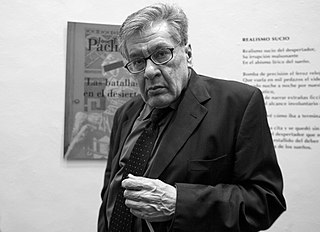Top 1200 Jane Austen Novel Quotes & Sayings - Page 4
Explore popular Jane Austen Novel quotes.
Last updated on April 22, 2025.
Without those forerunners, Jane Austen and the Brontes and George Eliot could no more have written than Shakespeare could have written without Marlowe, or Marlowe without Chaucer, or Chaucer without those forgotten poets who paved the ways and tamed the natural savagery of the tongue. For masterpieces are not single and solitary births; they are the outcome of many years of thinking in common, of thinking by the body of the people, so that the experience of the mass is behind the single voice.
With Jane Birkin, we had a scene from a film called Jane B. by Agnès V. - a portrait I made in '87. We had a casino scene, surrealistic, in which we had some naked people gambling. Jane Birkin was the card dealer and I was the player. I had beautiful jewelery around me, and when I lost I would take the jewelery and say, Service - being very generous, because it was very expensive jewelery. I would say, Tip.
I was in Los Angeles making 'Dead Again' and the producer, Lindsay Doran , asked me if I'd be interested in adapting this book, .. Austen is my favorite author and I thought, 'Well, of course, I'd be very interested, but I don't know how. I don't know where to start, A, writing a screenplay and B, sort of adapting it from a great novel.
The system - the American one, at least - is a vast and noble experiment. It has been polestar and exemplar for other nations. But from kindergarten until she graduates from college the girl is treated in it exactly like her brothers. She studies the same subjects, becomes proficient at the same sports. Oh, it is a magnificent lore she learns, education for the mind beyond anything Jane Austen or Saint Theresa or even Mrs. Pankhurst ever dreamed. It is truly Utopian. But Utopia was never meant to exist on this disheveled planet.
Madly, futilely, I wrote novel after novel, eight in all, that failed to find a publisher. I persisted because for me the novel was the supreme literary form - not just one among many, not a relic of the past, but the way we communicate to one another the subtlest truths about this business of living.
I jog through the halls and then go upstairs to Jane’s locker and carefully slip the note I wrote last night through the vent: To: The Locker Houdini From: Will Grayson Re: An Expert in the Field of Good Boyfriends? Dear Jane, Just so you know: e. e. cummings cheated on both of his wives. With prostitutes. Yours, Will Grayson
I am not talking about what every one of us means by love. Little namby-pamby love is lovely. Man rails in love with woman, and woman goes to die for man. The chances are that in five minutes John kicks Jane, and Jane kicks John. This is a materialism and no love at all. If John could really love Jane, he would be perfect that moment.
I have nothing but great respect for great scholars. But I was in grad school in the '80s and '90s, at the height of the theory craziness. It had a big part in why I ended up becoming a writer rather than a scholar, because I thought, "I just can't play these games." I was interested in literature because I loved literature, and so much of the theoretical positioning, at that moment 25 years ago, was antagonistic to literature. You know, trying to show that Jane Austen is a terrible person because she wasn't thinking about colonialism.
It's disingenous for me to say that I wasn't trying to write a moral novel. By its very nature as a novel about the Iraq War, Fobbit steps into the political conversation. There's no way to avoid that. I can appreciate that readers are probably going to line up on one side of the novel or the other. I hope they go to those polar extremes, actually.
But to be perfectly frank, this childish idea that the author of a novel has some special insight into the characters in the novel ... it's ridiculous. That novel was composed of scratches on a page, dear. The characters inhabiting it have no life outside of those scratches. What happened to them? They all ceased to exist the moment the novel ended.
It's very bad to write a novel by act of will. I can do a book of nonfiction work that way - just sign the contract and do the book because, provided the topic has some meaning for me, I know I can do it. But a novel is different. A novel is more like falling in love. You don't say, 'I'm going to fall in love next Tuesday, I'm going to begin my novel.' The novel has to come to you. It has to feel just like love.
Sarah Jane Smith was everybody's hero when I was younger, and as brave and funny and brilliant as people only ever are in stories. But many years later, when I met the real Sarah Jane - Lis Sladen herself - she was exactly as any child ever have wanted her to be. Kind and gentle and clever; and a ferociously talented actress, of course, but in that perfectly English unassuming way.
[The kitchen] was also messy--delightfully so, thought Jane--and it didn't look as though lots of cooking went on there. There was a laptop computer on the counter with duck stickers on it, the spice cabinet was full of Ben's toy trucks, and Jane couldn't spot a cookbook anywhere. This is the kitchen of a Thinker, she decided, and promised herself that she'd never bother with cooking, either.
The point is, that the function of the novel seems to be changing; it has become an outpost of journalism; we read novels for information about areas of life we don't know - Nigeria, South Africa, the American army, a coal-mining village, coteries in Chelsea, etc. We read to find out what is going on. One novel in five hundred or a thousand has the quality a novel should have to make it a novel - the quality of philosophy.
A novel is not an allegory.... It is the sensual experience of another world. If you don't enter that world, hold your breath with the characters and become involved in their destiny, you won't be able to empathize, and empathy is at the heart of the novel. This is how you read a novel: you inhale the experience. So start breathing.
All of women's stories in the 19th century had either one of two endings: you either had the good Jane Austen marriage at the end and you were happy; or you had the terrible Henry James savage downfall because of your own hubris as a woman, or you've made some great error leading you down a path to ruin. One is the story of love that's successful and the other is the story usually of reckless love that goes terribly wrong that destroys the woman.
I'd say I'm a pretty intense person. I'm definitely not my Denise character on 'Scrubs,' nor my Jane character on 'Happy Endings,' but I'm a mix of the two. I really feel that I'm kind of every character that I've ever played; it's just a part of me. And I am a bit of a control freak like Jane. I'm very, perhaps, obsessive like that.
You can't have a novel without real, believable people, and once you get into either too theoretical a novel or too philosophical a novel, you get into the dangers that the French novel has discovered in the past 50 or 60 years. And you get into a sort of aridity. No, you have to have real, identifiable people to whom the reader reacts in a way as if they were real people.
The more readings a novel has, even contradictory, the better. In journalism, you talk about what you know; you have provided yourself with records, you have gathered information, you have performed interviews. In a novel, you talk about what you don't know, because the novel comes from the unconscious. They are very different relationships with words and with the world. In journalism, you talk about trees; in the novel, you try to talk about the forest.
Madly, futilely, I wrote novel after novel, eight in all, that failed to find a publisher. I persisted because for me the novel was the supreme literary form: not just one among many, not a relic of the past, but the way we communicate to one another the subtlest truths about this business of living.







